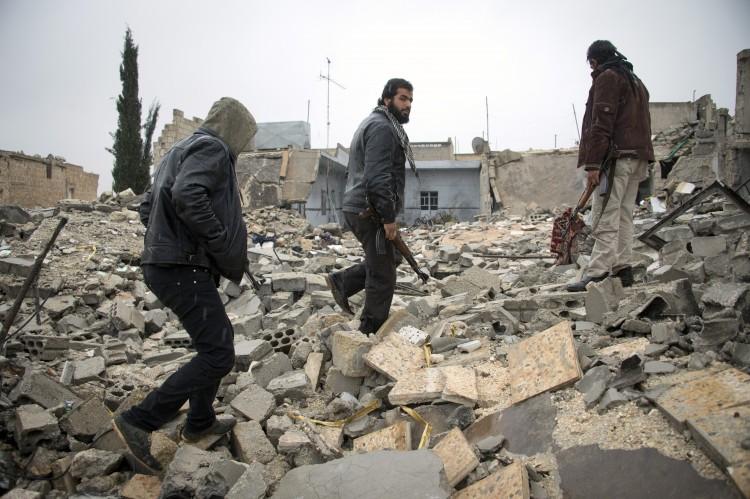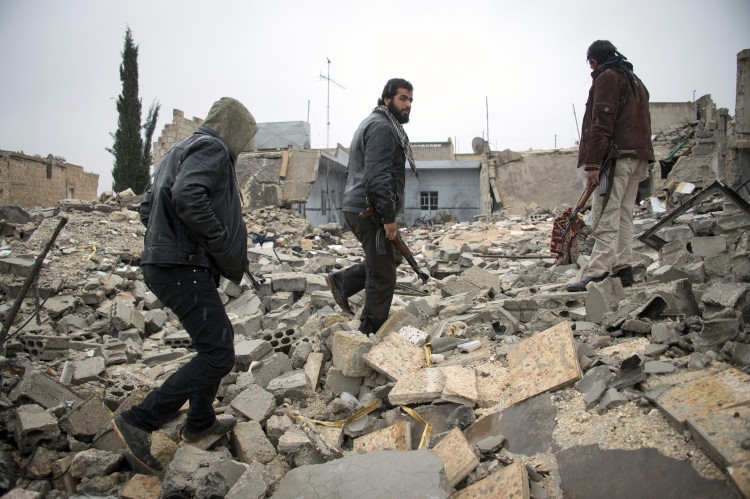A new United Nations report may once and for all shatter the notion that rebels fighting the Syrian army have been mostly the “good guys” in the 21-month conflict, saying there have been rampant rights abuses carried out by both sides as the conflict becomes increasingly sectarian and flooded with foreign fighters.
When the uprising began in March 2011, it was only peaceful protesters demanding greater freedoms. But in the U.N. report, it appears that pro-government fighters are still committing the bulk of the abuses.
“As the conflict drags on, the parties have become ever more violent and unpredictable, which has led to their conduct increasingly being in breach of international law,” the U.N.’s Commission of Inquiry on Syria said Thursday after documenting abuses between mid-September and December.
And as the situation deteriorates, Syria’s diverse religious and ethnic communities that lived alongside one another have become increasingly hostile toward each other.
“As battles between government forces and anti-government armed groups approach the end of their second year, the conflict has become overtly sectarian in nature,” the report said.
The war has now increasingly become divided along sectarian lines, with groups of Sunni communities attacking Shi'ite communities. The Alawite community—which President Bashar al-Assad and his inner circle belong to—has also gotten involved.
The report says that pro-government soldiers and forces have targeted Sunni Muslims more and more, while anti-government fighters have gone after Alawites, who practice an offshoot of Shi'ite Islam, as well as other minorities who are deemed supportive of Assad.
“The risk of the Syrian conflict devolving from peaceful protests seeking political reform to a confrontation between ethnic and religious groups has been ever present,” the commission said.
Armenians, Christians, Druze, Palestinians, Kurds, and Turkmen living in the country have also been ensnared in the conflict, it added.
“Ethnic and religious minority groups have increasingly aligned themselves with parties to the conflict, deepening sectarian divides,” the report said.
In this time period, pro-Syrian government militia known as shabiha have continued to torture and kill unarmed persons, while the Syrian army has indiscriminately bombed civilian areas. But more worrying, it implied, is that anti-government rebels have unlawfully executed unarmed government soldiers who have surrendered, which is a war crime. There were also more accounts of rebels torturing and killing people in detention centers.
New rebel offshoots are also less likely to affiliate themselves with the blanket Free Syrian Army, and are more likely to ally with Islamist groups, including Jabhat al-Nusra, which has recently been deemed a terrorist organization by the U.S. State Department. Foreign fighters with ties to Islamist hard-liners are also present in northern Syria.
The Epoch Times publishes in 35 countries and in 19 languages. Subscribe to our e-newsletter.






